News
Why Ikeja Electricity Reduced Electricity Tariff For Band A Customers
Ikeja Electricity Distribution Company has lowered the electricity tariff for Band A customers to N206.80 per kWh from May 6, 2024, following an earlier increase, ensuring 20-24 hours of daily power supply.
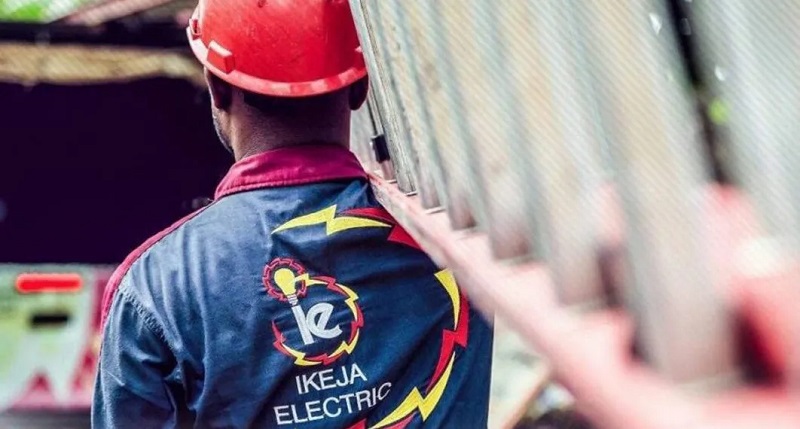
Ikeja Electricity Distribution Company has lowered the electricity tariff for Band A customers to N206.80 per kWh from May 6, 2024, following an earlier increase, ensuring 20-24 hours of daily power supply.
This adjustment is part of a broader initiative to reduce government subsidies by N1.14 trillion in the fiscal year 2024.
The Ikeja Electricity Distribution Company (Ikeja DisCo) has officially announced a decrease in electricity rates for their Band A customers.
VerseNews reports that starting May 6, 2024, customers in this band will be charged N206.80 per kilowatt-hour (kwh), down from the previously set rate of N225 per kwh.
This reduction follows an initial sharp increase in April from N66 per kwh, which had led to widespread discussions and discontent among consumers.
This Online News Platform understands that Band A customers are those who receive a reliable power supply for 20 to 24 hours a day.
Along with announcing the reduced rates, Ikeja DisCo has reaffirmed its commitment to maintaining this level of electricity supply under the new pricing structure.
The circular released by Ikeja DisCo emphasized that this rate reduction is specifically for Band A customers, with no changes in tariffs for customers in bands B, C, D, and E.
“Please be informed of the downward tariff review of our Band A feeders from N225/kwh to N206.80/kwh effective 6th May 2024 with guaranteed availability of 20-24hrs supply daily,” the circular stated.
VerseNews also understands that the adjustment aligns with the decisions by the Nigerian Electricity Regulatory Commission (NERC) to restructure electricity tariffs across different bands as part of a broader effort to reduce government subsidies in the electricity sector.
According to NERC, this new tariff structure is projected to cut down on subsidies by about N1.14 trillion for the fiscal year 2024. This step is seen as crucial for aligning subsidy policies with the economic realities of the nation.
Musliu Oseni, the vice-chairman of NERC, expressed a positive outlook on the impact of the new tariffs, suggesting that they would contribute significantly to strengthening Nigeria’s economy amidst ongoing debates regarding electricity pricing and subsidy reforms.




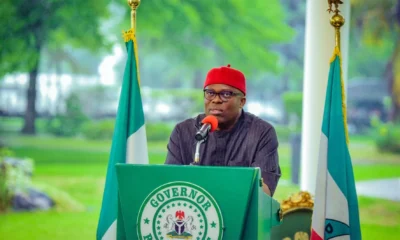

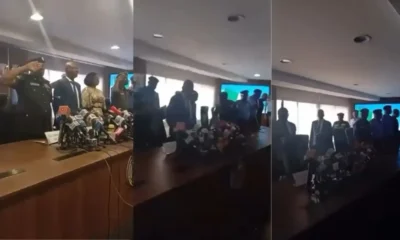

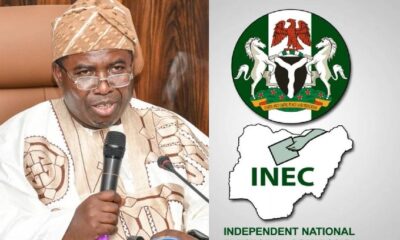



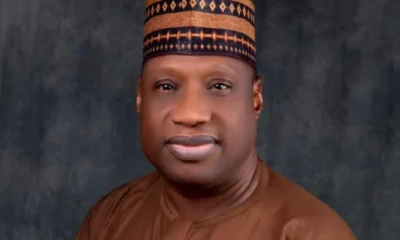











You must be logged in to post a comment Login